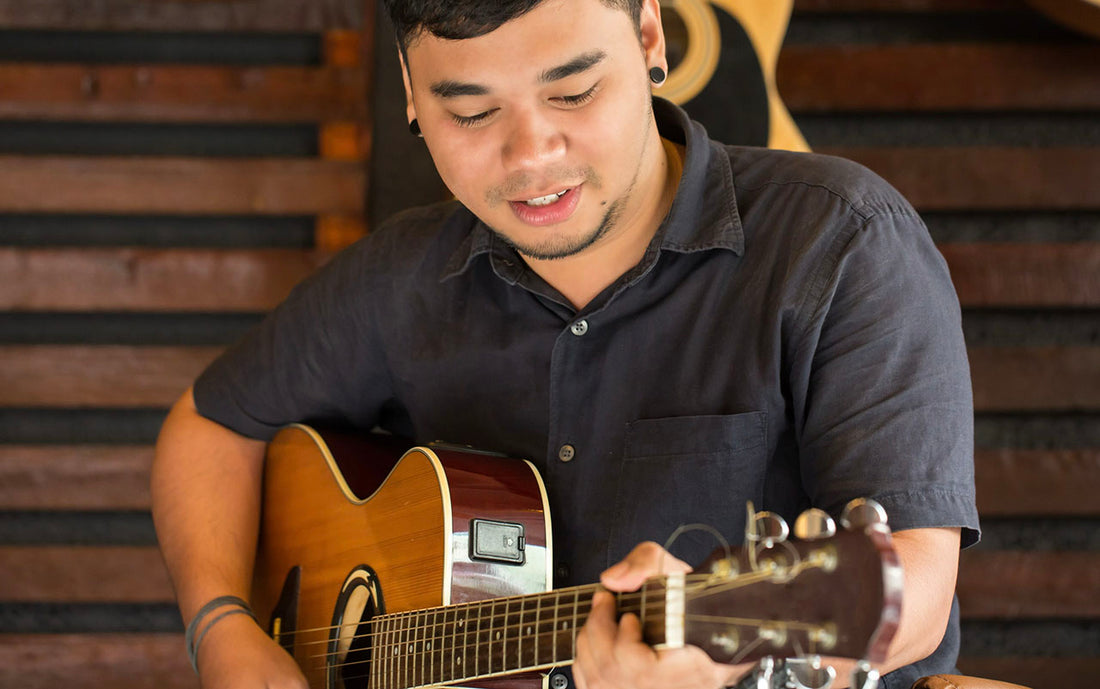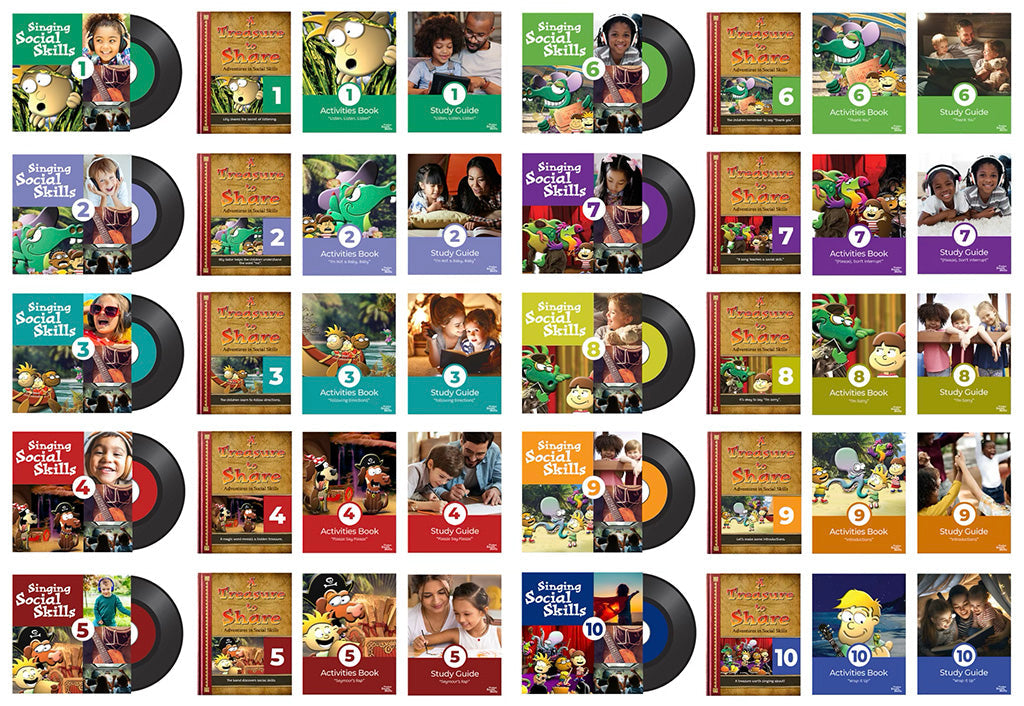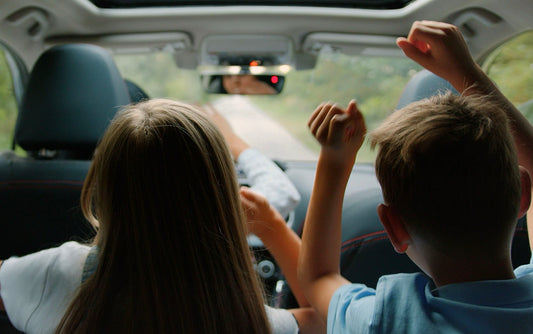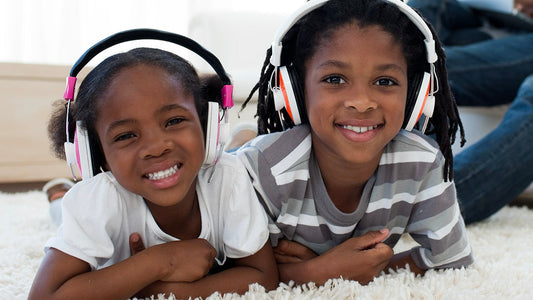
The Power of Music: Teaching Children Social Skills Through Melody and Rhythm
Music is often called the universal language, and for good reason. From a soothing lullaby to an upbeat dance tune, music has the power to connect us, evoke emotions, and inspire action. For children, music is more than just entertainment—it's a gateway to learning essential social skills. Here’s why incorporating music into lessons can be transformative for children’s social development.
The Role of Music in Building Connection
From an early age, music has the ability to unite children. Singing songs together, clapping along to rhythms, or participating in group dances fosters a sense of community. These activities teach children the importance of working together and help them feel like valued members of a group.
For example, learning to sing in a choir or play in a band encourages children to listen closely to one another and adjust their timing, tone, or tempo to fit the group. This kind of collaboration builds empathy and teaches the importance of teamwork.
Emotional Expression and Empathy Through Music
Music gives children a way to express feelings they might not yet have the words for. Singing about emotions—whether it’s joy, sadness, or frustration—helps children recognize and communicate their own feelings. This process not only builds self-awareness but also teaches empathy as children begin to understand that others experience similar emotions.
Songs with stories or messages can also help children grasp complex social concepts. For example, a song about sharing or kindness can reinforce these behaviors in real-life scenarios.
Turn-Taking and Patience in Musical Activities
Musical games like “pass the drum” or “freeze dance” help children practice taking turns and waiting for their moment to shine. These are critical skills for social interactions, teaching children patience and the importance of giving others a chance to participate.
Group music-making also emphasizes nonverbal communication—watching for cues and anticipating others’ actions. This strengthens children’s ability to pay attention and read social situations, essential skills for effective communication.
Building Confidence in a Safe Environment
Music provides a safe space for children to step out of their comfort zones. Singing a solo in front of peers or contributing to a group performance helps children build confidence. These small wins in a musical setting can translate to greater self-assurance in social settings, such as speaking up in class or making new friends.
Encouraging Creativity and Problem-Solving
When children are encouraged to create their own music—whether it’s writing lyrics, improvising rhythms, or composing melodies—they practice problem-solving and creative thinking. These activities often require collaboration, negotiation, and compromise when working with peers, further honing their social skills.
Tips for Parents and Educators
- Incorporate Musical Games: Try games like “Simon Says” with musical commands or group clapping games to teach coordination and teamwork.
- Use Songs to Teach Social Concepts: Choose songs that promote values like sharing, respect, and cooperation.
- Host Group Music Sessions: Create opportunities for children to sing or play instruments together, emphasizing teamwork and listening skills.
- Encourage Individual Expression: Give children opportunities to perform or create their own music to boost confidence and creativity.
- Make it Fun: Keep activities lighthearted and engaging to ensure children associate music with positive experiences.
Conclusion
Music is more than just a form of entertainment; it’s a powerful tool for teaching children the social skills they’ll need throughout life. From fostering teamwork to encouraging emotional expression, music creates a harmonious pathway for growth. By weaving music into education and play, parents and educators can help children become more empathetic, confident, and socially adept individuals.
So, next time you turn on a song or pick up an instrument, remember—you’re not just making music; you’re building connections, shaping minds, and creating harmony in more ways than one.




